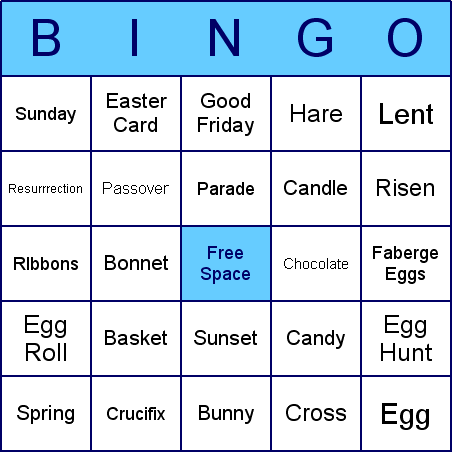Fast Phonics teaching your child from a different perspective and are ready to take those first positive steps forward. The integrity of your commitment is important, don’t be spasmodic, do be regular, confident and completely relaxed.
No Guesswork With Fast PhonicsBy
Robyn Dalby-StockwellHello again! Last time I told you how important it is for readers to read aloud each day. This article deals with the guesswork in reading.
 Photo: susiej.com
Photo: susiej.com
Around forty years ago, certainly this was when it all began in Australia, it was decided that children would learn to read by revisiting the same words over and over again. Thus, a reading book would run:
Page 1 Look at John's black dog.
Page 2 John's dog is black, look.
Page 3 "Look at the dog," said John.
Page 4 "It is a black dog."
Page 5 The black dog belongs to John.
It was assumed the words 'look, John, dog, black, said', would be indelibly imprinted into the long term memory , in readiness for the next book and its vocabulary of another six to ten new words.
When a new word was introduced the child was asked to guess what it might be. The guess would be based primarily on any one of the following three elements:
1 Contextually - to make the sentence make sense,
2 From clues in the picture,
3 From jogging the memory, "Don't you remember Johnny, we saw a word like that yesterday."
The difficulties here were manyfold. Most importantly, we have one of the finest languages in the world. Ours is the language of Milton, Shakespeare and Shaw, it is enriched by its wide vocabulary. The look and guess method left generations of children with narrow vocabularies, limited to the most commonly used words. Difficult texts were ousted or dumbed down to accommodate. Children had not become less intelligent, they were being taught less intelligently.
As these children grew older, they still guessed at new words, prepositions (on, over, by, with, from, beside) were permitted to be misread or left out altogether. If you have a child between the ages of ten and seventeen, using two copies of the same text, check on the accuracy of your child's reading, word for word. Children stopped reading not because of television, but because most texts made no sense. Schools and education authorities laugh off classics, calling them old-fashioned. Truth was they are simply beyond the reach of most youngsters.
And yet, there are still Heads of schools and teachers who are putting up a vigorous battle to keep this appalling system going.
I believe the decline in higher levels of mathematics and the sciences has much to do with the fact they have some challenging words. If you can't read the information the subject is barred to you.
Some children found no problems learning with the 'Look and Guess' system. They became excellent readers and progressed. Such children are always quoted by promoters of the system. These quick children with well developed short and long term memory skills would learn via any method and must never be championed as a success of any system.
We all learn at different paces, in different ways. 'Slow' learners, in my many, many years of experience, have always caught up with their fast peers of early years. Simply put, the brains of 'slow' children are less mature, they are not less intelligent, give these children time and a system that fits all children equally, and they will catch up, every time, unless there is actual brain damage.
The 'Look and Guess' system fits quick learners, slow learners and those with even the slightest trace of dyslexia are at a massive disadvantage. These clever and frequently gifted children are tagged 'remedial' simply because of a poor system of teaching.
Over the years of 'Look and Guess' remedial teaching has become a growth industry, where children have been hauled out of their classes, away from their peers on a daily basis. They have been teased and labelled, when all they needed was to be taught to read via Synthetic phonics, this would have removed every reading stigma and put them on a par with their classmates.
Finally, as your child learns to read, encourage him to get every single word correct. Not one word should be slurred over or left out. Above all, every unknown (or forgotten) word must be decoded. NEVER, EVER ALLOW GUESSWORK.
Robyn Dalby-Stockwell is a teacher, writer, reading consultant and Director of Alonah Reading Cambridge
http://www.alonahreadingcambridge.com/ which gives reading support to children and their parents.








